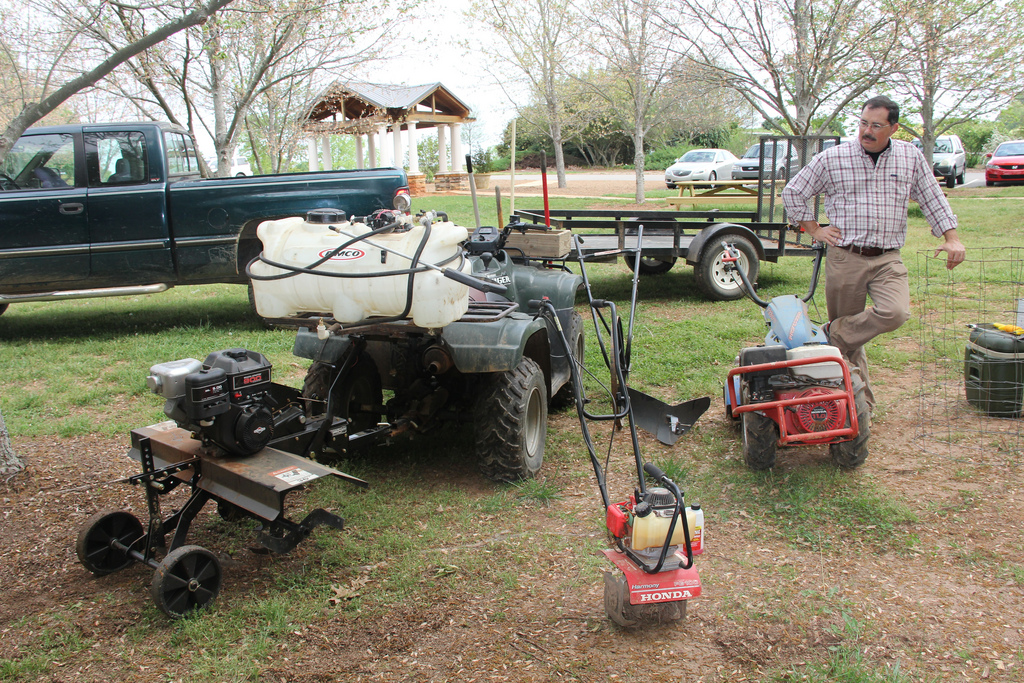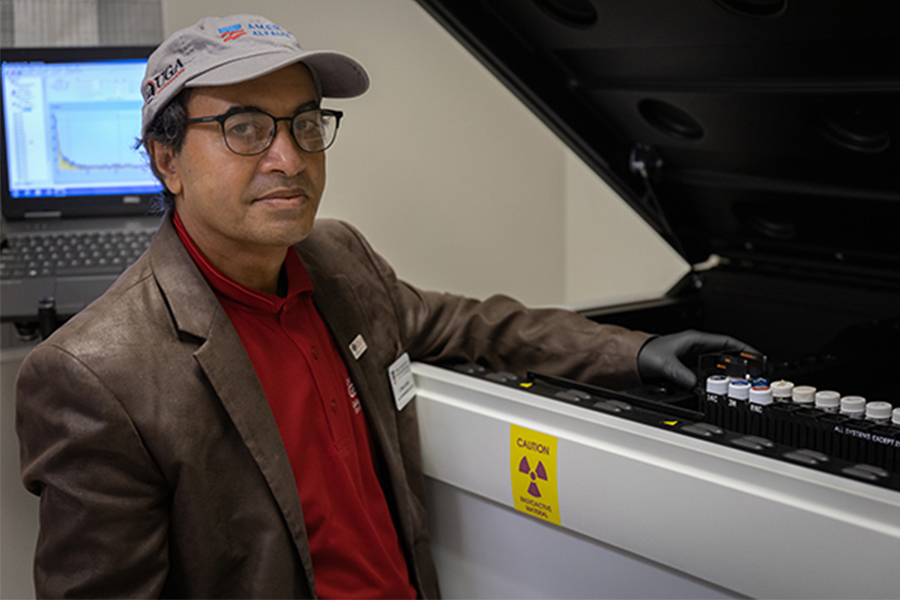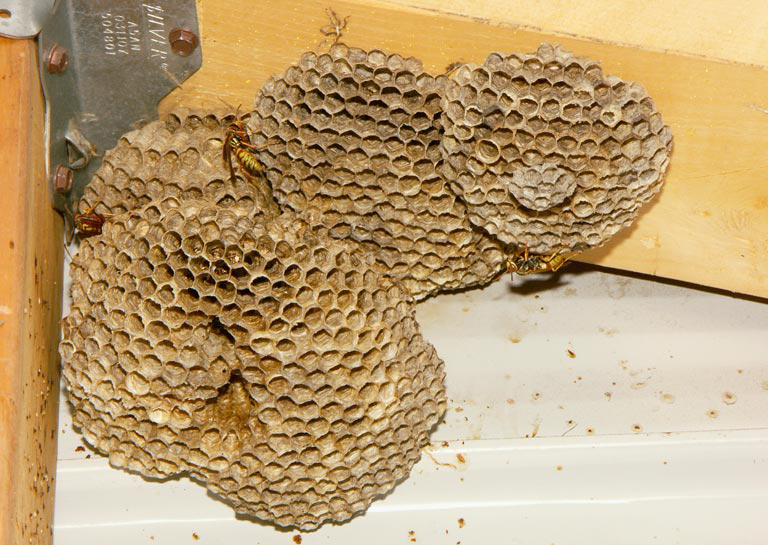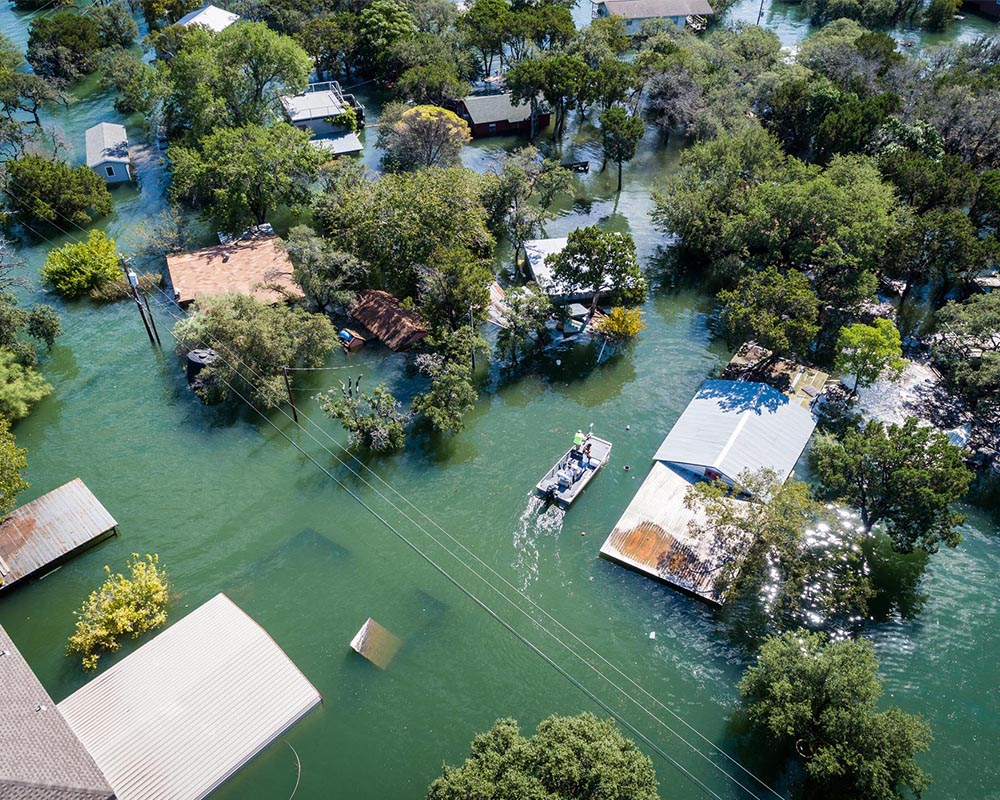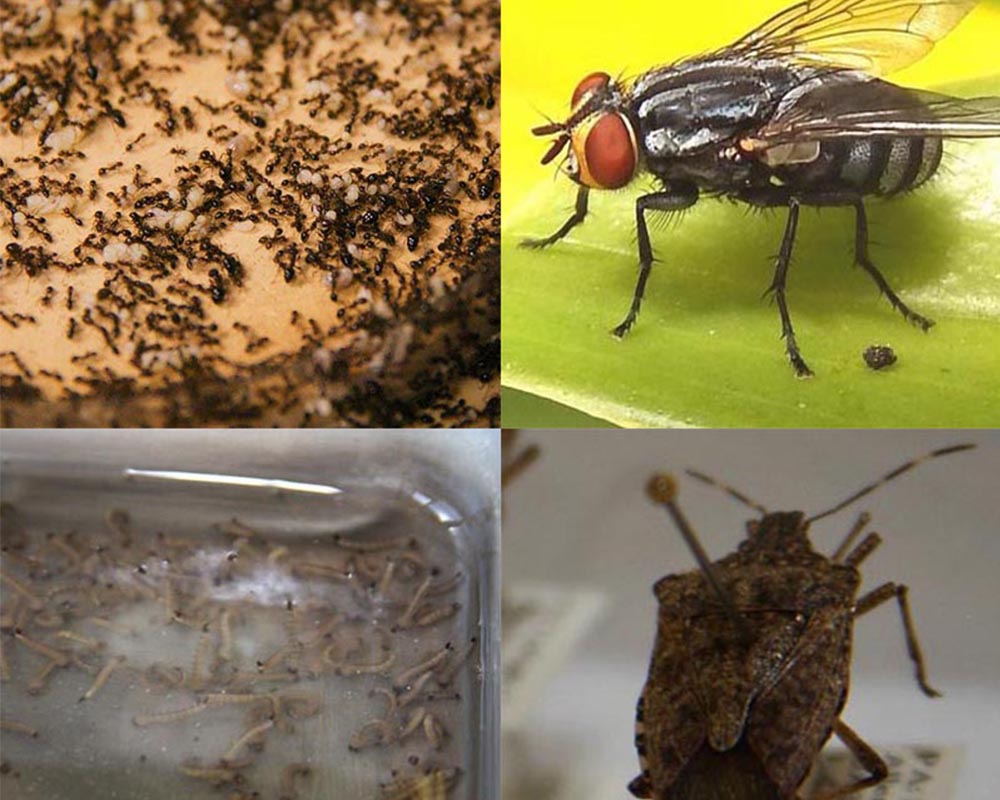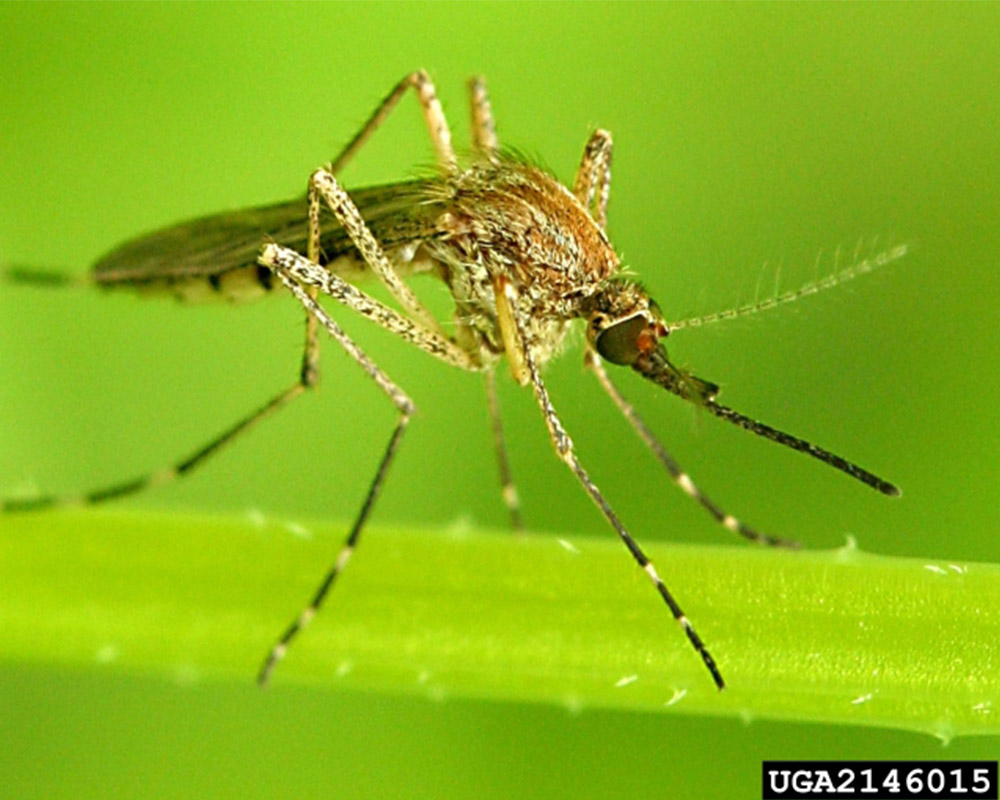 CAES News
CAES News
Safety Educator
University of Georgia alumnus Allison Johnson joined UGA Cooperative Extension as the new Pesticide Safety Education Program (PSEP) coordinator on Aug. 1. The public service position is responsible for creating educational resources and training materials to help private and commercial pesticide applicators obtain proper certifications for the safe and effective use of pesticides throughout the state.

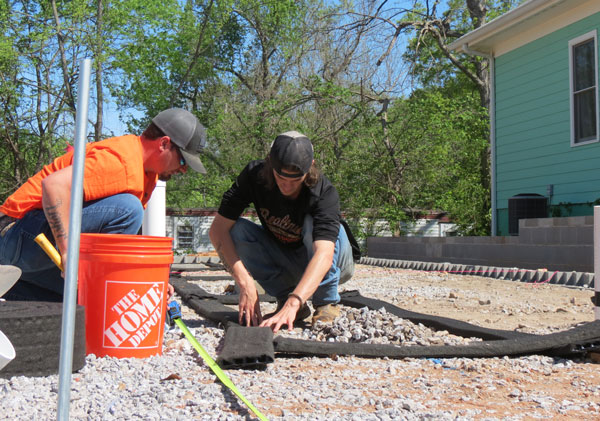
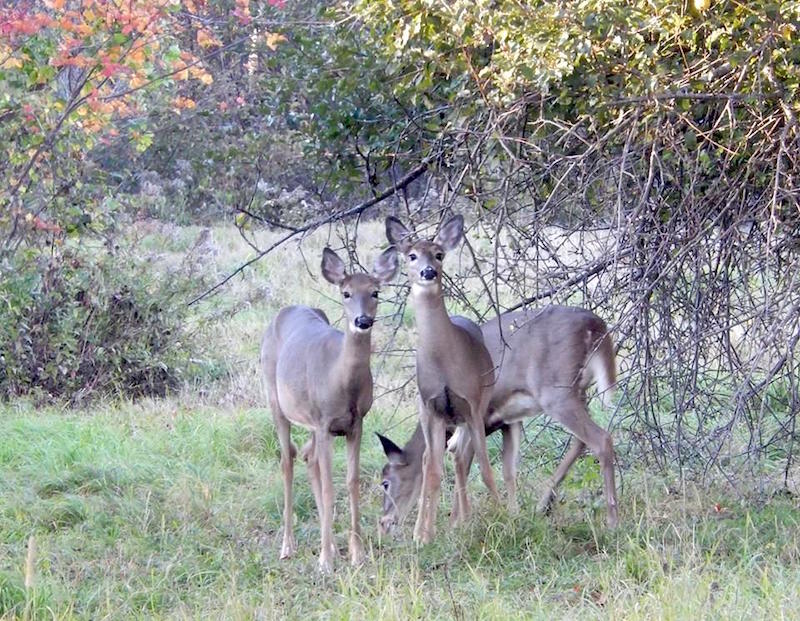
.png)
